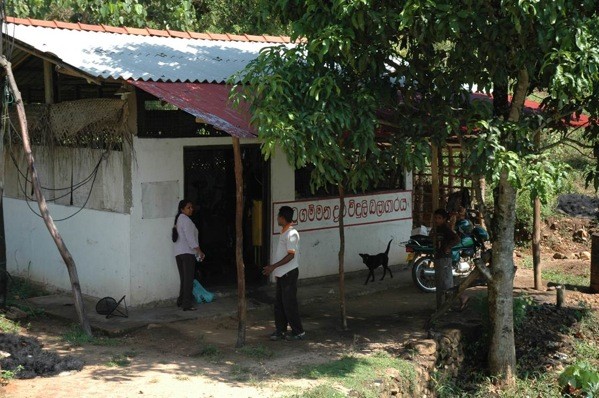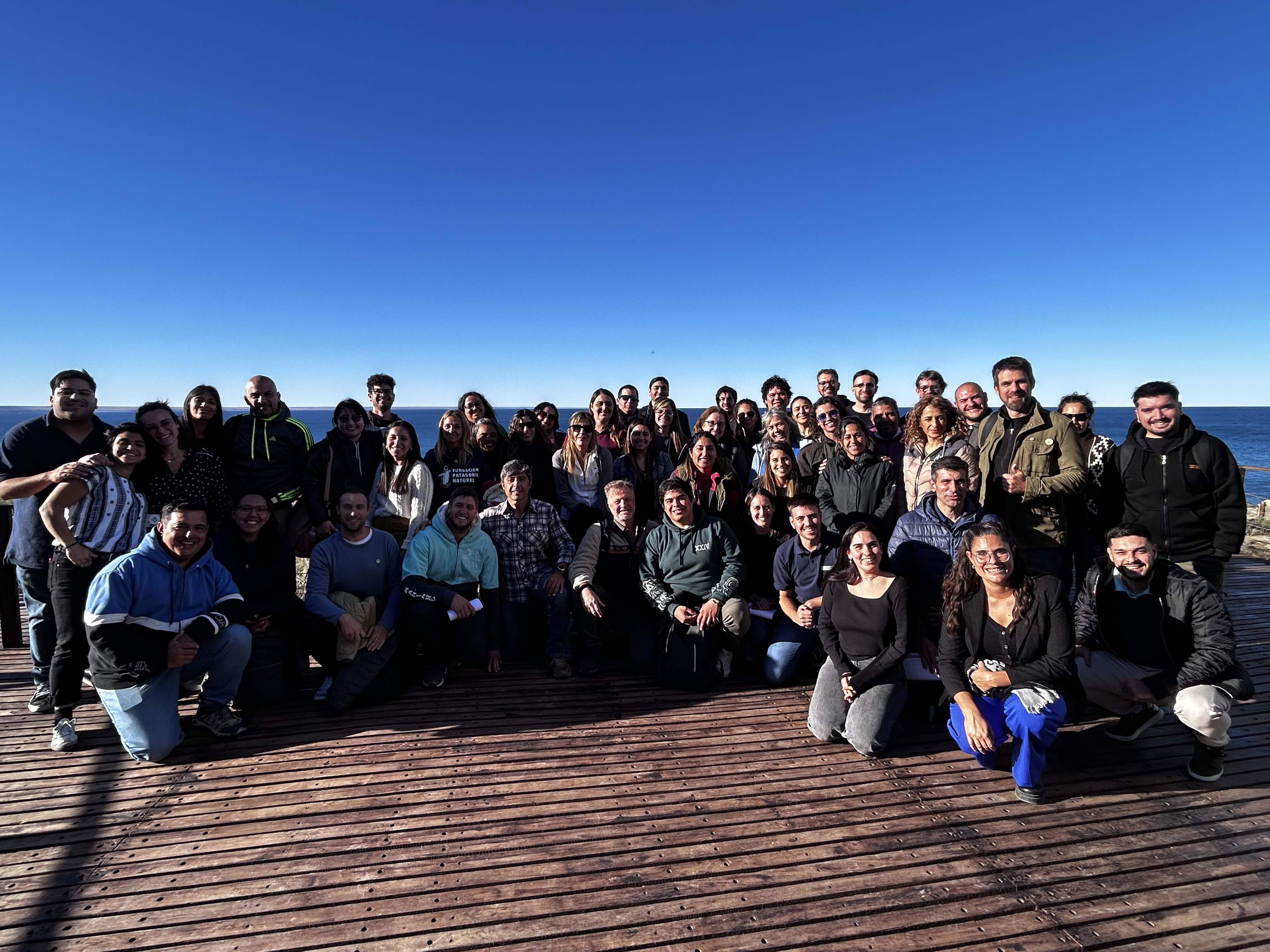More than 45 teachers from 15 schools in Chubut Province, Argentina, participated in the first training to launch our newest capacity building partnership: the YouthEnergy project.
Grid-Connected Biomass Gasification Plants for Rural Energy Access in Sri Lanka
One of the central goals of the project is to demonstrate the technical and economical feasibility of selling electricity from a community-based wood-gasification plant under a standardised power purchase agreement with the Ceylon Electricity Board (a state-owned utility). This project will help to build farmers’ confidence in the new technology and on the market for sustainably grown fuel wood; thereby creating an enabling environment for replicating this community-based model in about 10,000 rural villages in Sri Lanka.
After selecting the village of Batugammana, mobilising the local community and establishing business and management models, the implementing organization Energy Forum purchased and installed the “Power Pellet”, an automated biomass gasifier which was success fully tested in Sri Lanka for the first time during this project. Several technical issues and regulatory obstacles has been successfully resolved during trials, as a result of which the plant was successfully commissioned in Batugammana.
Further recent project progress and achievements include
- The successful connection of the plant to the national grid
- The signing of a power purchase agreement with the Ceylon Electricity Board
- The establishment of a fuel wood supply chain
- The training and capacity building of plant operators
- The monitoring of the performance of the plant
The operation of the whole concept (from the biomass supply up to electricity generation and selling) is being monitored. The project is expected to be officially concluded begining of 2016.


